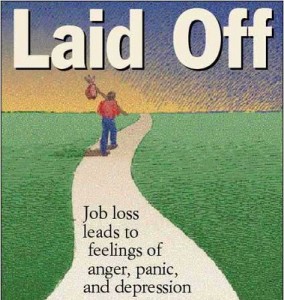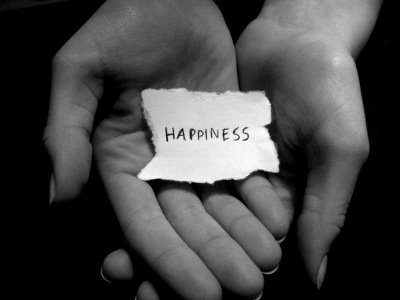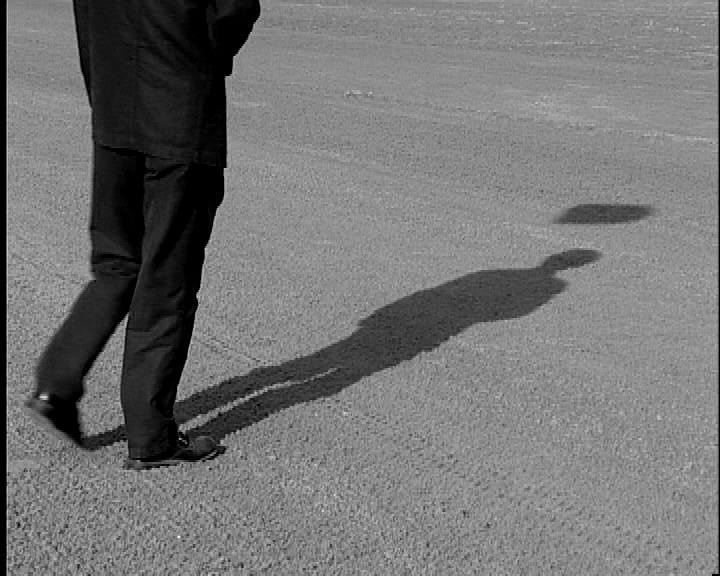Winter Money Blues? Zip Right Out of Them!
 Tuesday, January 22, 2013 at 7:12AM
Tuesday, January 22, 2013 at 7:12AM  Post a Comment
Post a Comment Winter Money Blues? Zip Right Out of Them! Whether you're business women, or stay at home moms, it's the third dreary, cold, gray week of January. Christmas bills are coming in, the budget was blown, the spending high of December long forgotten and tax time is right around the corner. No wonder January is the longest month of the year.
the spending high of December long forgotten and tax time is right around the corner. No wonder January is the longest month of the year.
Remember, we nearly always survive January anyway, but here's how to speed up the financial peace process.
1) Give yourself 1 hour or 1 day (depending on your needs) to REALLY feel the sadness, depression, angst of your situation. Moan, groan, complain, vent, cry, yell. Go into it and when that allotted time is complete - move on.
2) Financially Assess where you're at: Pull your ostrich head out of wherever it's been and take stock. Look at all the bills, count up the money owed, make a list of what's due, when.
3) Make decisions. You've got the list of money coming in and bills due. What's the loudest bill? What can you pay on it. Go down the list. Prioritize.
4) Send the payments. No matter how few or how small, actually sending the payments out feels good.
5) Congratulate yourself - Ta-Dah. "I did it." Call a friend and share. Feel good about the progress rather than always striving for perfection. There now - it's nearly February!
As a woman in business, who is also a Certified Money Coach, I know what it's like to struggle with money and how good it feels to take charge. Financial peace and health come with focus, prioritizing and persistence. Here's to you!
 Lynn Telford-Sahl tagged
Lynn Telford-Sahl tagged  Depression,
Depression,  financial peace,
financial peace,  money problems,
money problems,  money stress,
money stress,  stress,
stress,  stress relief,
stress relief,  winter blues
winter blues























